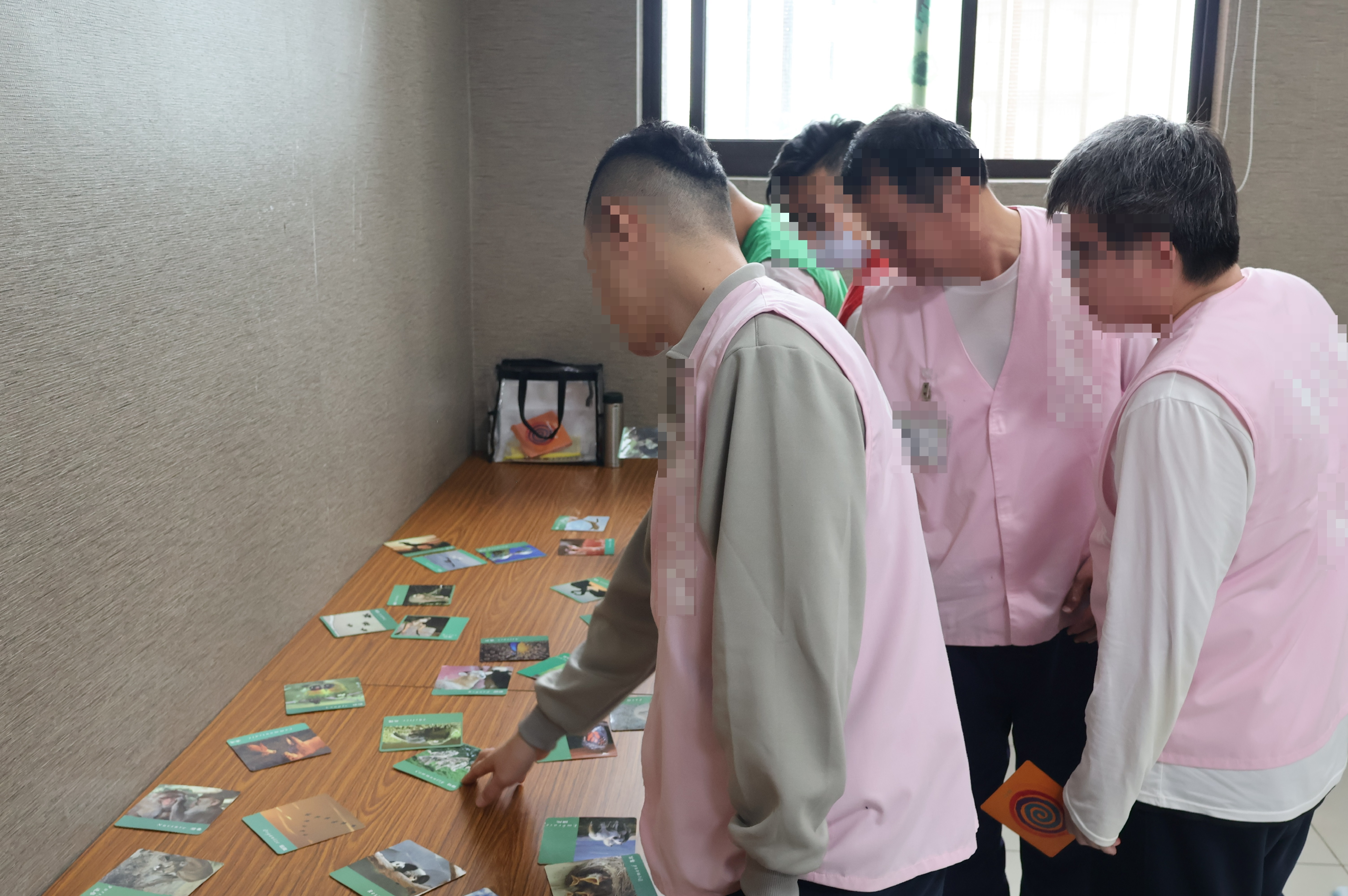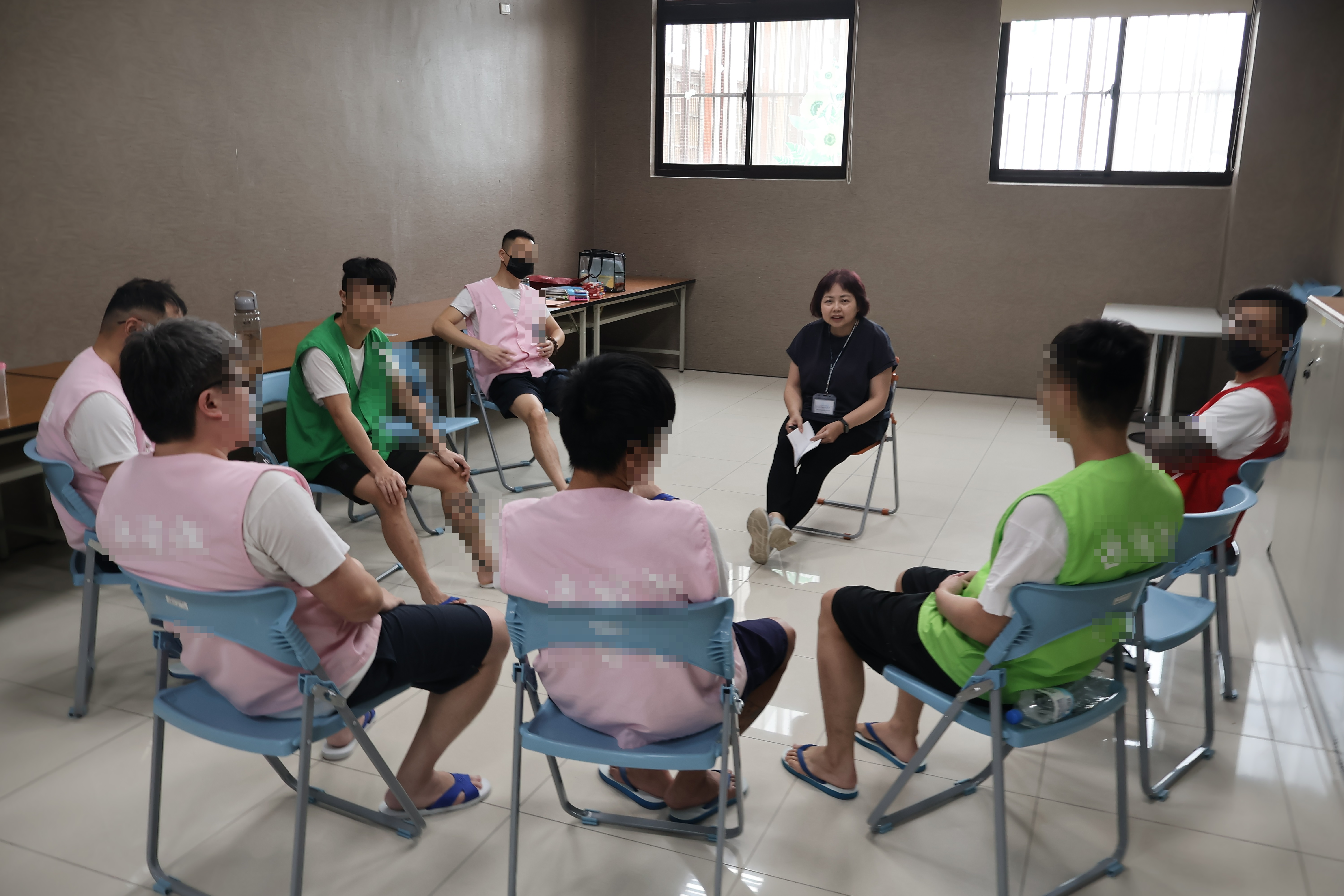Fraud Cognitive Therapy Group - Getting Out of the Maze of Fraudulent Thoughts and Toward a Life of Integrity
- Publication Date :
- Last updated:2025-05-06
- View count:88
Who's bluffing who? ~Fraud Cognitive Therapy Group
In order to correct the deviant behaviors of inmates with criminal habits, and to enhance the individual and special teachings of repeat property offenders such as fraudsters, members of fraud syndicates, or motorists, the prison has recently organized a group course on fraud cognitive therapy in the hope of correcting the deviation of the concept of getting something for nothing, and assisting them in gradually building a value system in accordance with the norms of the society through appropriate measures such as education on the rule of law and psychological counselling.
The program is planned and led by an external clinical psychologist. Through a systematic design, the program guides participants to reflect on the psychological process behind their personal behaviors. The content of the course focuses on enhancing self-awareness, stimulating motivation for change, and encouraging members to examine and adjust their past beliefs and thinking patterns that influence their behavior, so that they can develop a more constructive and responsible attitude towards life.
One of the participants in the program, A-Ming (a pseudonym), shared, "At first, I was just arranged to attend the program and I didn't really have any expectations, but after a few sessions, some people began to tell their stories in the group, and I gradually dared to tell what I used to think. In the past, I only thought that the grave consequences of not doing anything for oneself were very serious, and that I should earn as much as I could, but looking back, I can't even tell you why I did what I did. These few weeks of the program made me think for the first time that if I continue like this, I will never be able to step out of this cycle." Through such reflections and dialogues, the course has initially triggered some members to think deeply about their past behaviors and future directions.
Although the program is still in progress, we can already observe that some members are beginning to show opportunities for self-reflection and have expressed their willingness to re-plan their future lives. Through group dialogues and experience sharing, participants gradually realized the multiple impacts of their behaviors on the victims, their families and their own lives, and initially developed a sense of responsibility and empathy, laying the foundation for breaking away from the cycle of crime in the future.
The interplay of professional psychological interventions and peer support can strengthen inmates' self-motivation and practice intentions in the face of behavioral change. The Prison will continue to promote diversified correctional programs, combining psychological, educational, and rule of law aspects to create a correctional environment that supports growth and helps the inmates to return to society and stay away from recidivism.









